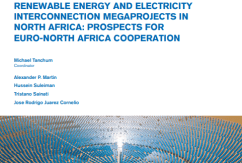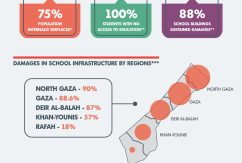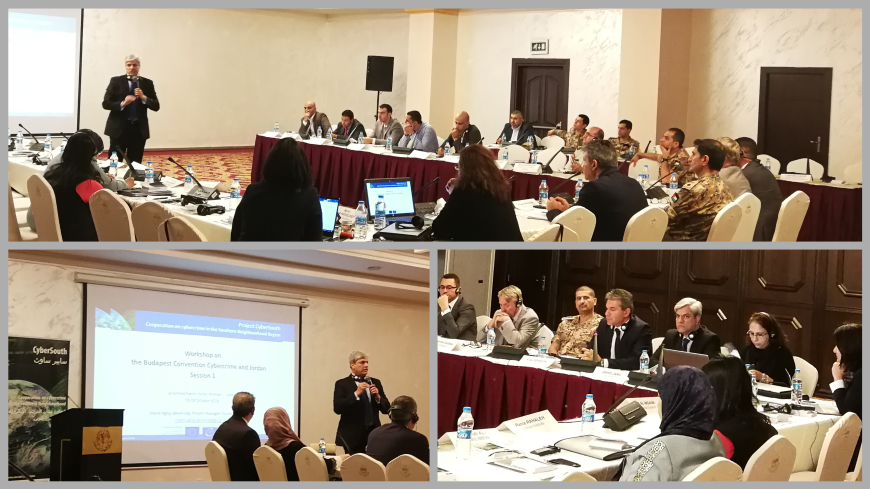Report underlines importance of good governance for boosting trade in southern Mediterranean
Governance in Middle-Eastern and North African countries is a major factor in their businesses’ ability to trade and participate in the global economy, as shown by the latest report from the EU-funded Euro-Mediterranean Forum of Economic Institutes (FEMISE),titled“Corporate Performance in Transition: The Role of Business Constraints and Institutions in the South Mediterranean Region”.
This report analyses recent trends in corporate performance and economic success in Southern Mediterranean countries at the firm and country level. More specifically, it seeks to identify and evaluate the potential factors that may trigger and foster economic changes in the region, focusing in particular on the role played by skill constraints, the business environment and the institutional setting in explaining economic performance, measured as productivity, sales growth rates and exports, as well as quantifying their relative importance.
After analysing the knowhow and constraints of companies located in the Middle East and North Africa, the report goes on to examine the case of Egyptian companies, looking at the obstacles impeding their performance. The third part of the report underlines the importance of governance in companies’ ability to export or import. The FEMISE economists looked at bilateral exports between 189 trading partners and 19 exporting countries between 1996 and 2013. It transpires that, while democracy and well-functioning institutions are a prerequisite, the business environment not only has an influence on productivity, but also has an effect on the performance of the economy as a whole. Both the trading environment and the institutional framework impact corporate performance and the country’s economic vitality.
FEMISE is an EU-funded project, which aims to contribute to the reinforcement of dialogue on economic and financial issues in the Euro-Mediterranean partnership, within the framework of the European Neighbourhood Policy and the Union for the Mediterranean. More specifically, it seeks to improve understanding of the priority stakes in the economic and social spheres, and their repercussions on the Mediterranean partners in the framework of their implementation of EU Association Agreements and Action Plans.
Read more
FEMISE – fiche and news
FEMISE – website
Thematics
Sustainable Development
Newsletter
Subscribe to receive our latest updates
News alerts
Personalise your news alerts subscription
© This project is funded by the European Union, 2024




































